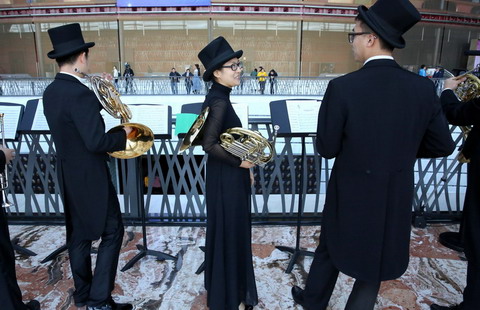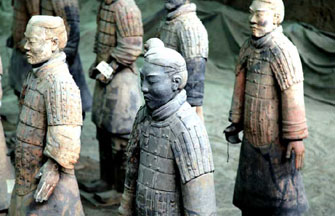Critics target 'Gone with the Bullets'
By Wang Kaihao ( China Daily ) Updated: 2014-12-25 07:26:43Controversy swirled around 2007's The Sun Also Rises - a four-part magical-realism mosaic mainly set in the 1970s China.
His zenith came with 2010's crime comedy Let the Bullets Fly, which won critical acclaim and over 600 million yuan ($96 million) at the box office.
Many say Gone With the Bullets is difficult to understand because of its loose narration, lengthy monologues and the fact that the 140-minute film's storyline doesn't start until after a half-hour scene depicting an ostentatious gala that many call distracting.
New channels were used to promote the 3-D plus Imax production. Online video website and coproducer of the film iQiyi produced an online mobile game based on the film and built a miniature theme park in Beijing. More than 30 trailers on the website received more than 20 million clicks before the release.
But the 300 million yuan production had earned only 380 million yuan as of Tuesday - a far cry from the 2 billion yuan Jiang predicted, which would overtake Transformers: Age of Extinction, the highest-grossing film ever in China at 1.91 billion yuan.
Even the campus romance Fleet of Time released two weeks earlier generated more than 550 million yuan.
Though the film accounts for about half of showings at most major Beijing cinemas, managers admit they're disappointed.
"We at first designated all screening halls at night for the movie, but online comments urged us to change the screening schedule," Beijing UME International Cineplex's Anzhen branch manager Cao Yong says.
"Daytime attendance is less than 50 percent - far below expectations. It suggests some of the film's ambiguities don't appeal to Chinese, who may prefer visual effects."
Cao also expected the film to compete with Transformers: Age of Extinction, the daytime attendance of which was about 70 percent.
Critic and trade analyst Yang Jinsong believes the film's artistic style doesn't live up to its marketing.
"It's wrong to judge this 'author film' by the general standards used to evaluate commercial films," he says, citing the "auteur theory", which considers films as artworks reflecting directors' creative visions. "Everyone has his own understanding of the author. It's unnecessary for those who understand the film to criticize those who don't."
Yang points out films with strong personalized style typically have small budgets.
"This is an exception," he says. "Big investment ensured its quality. But the public's expectations were misplaced when the publicity strategy was more suited for commercial films."
He worries the movie may change Chinese investors' attitudes toward acclaimed domestic directors. "Investors tend to trust an influential director's film," he says. "But now they may reconsider. The film is unprecedented. And a similar production will probably never happen again."
|
|
|
|
|
|
|
|
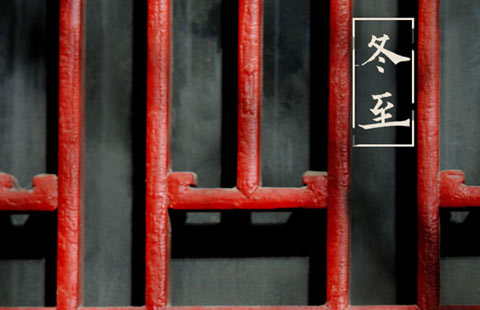

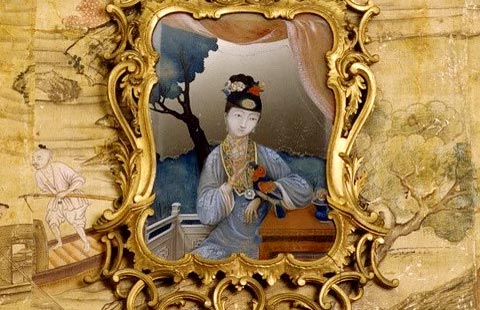
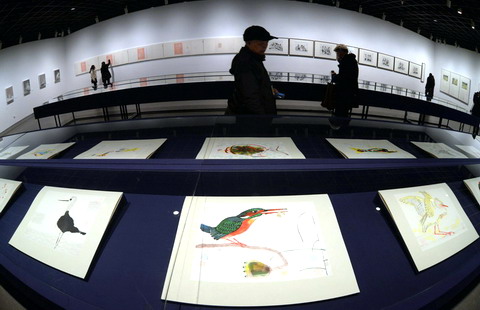




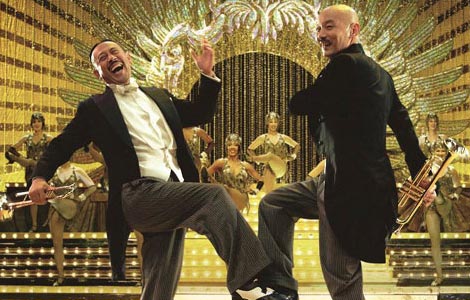

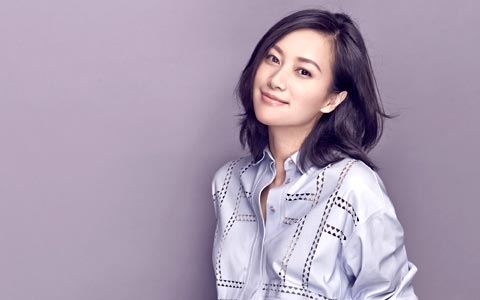

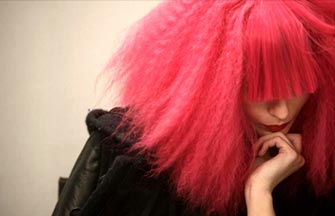
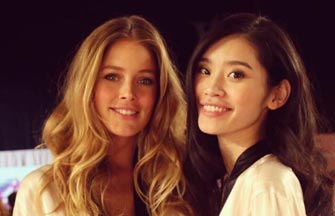









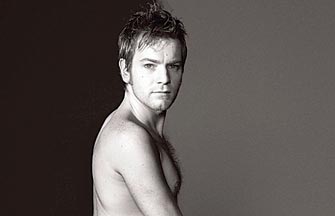 What's in a name?
What's in a name? Raymond Zhou:
Raymond Zhou: Pauline D Loh:
Pauline D Loh: Hot Pot
Hot Pot Eco China
Eco China China Dream
China Dream

